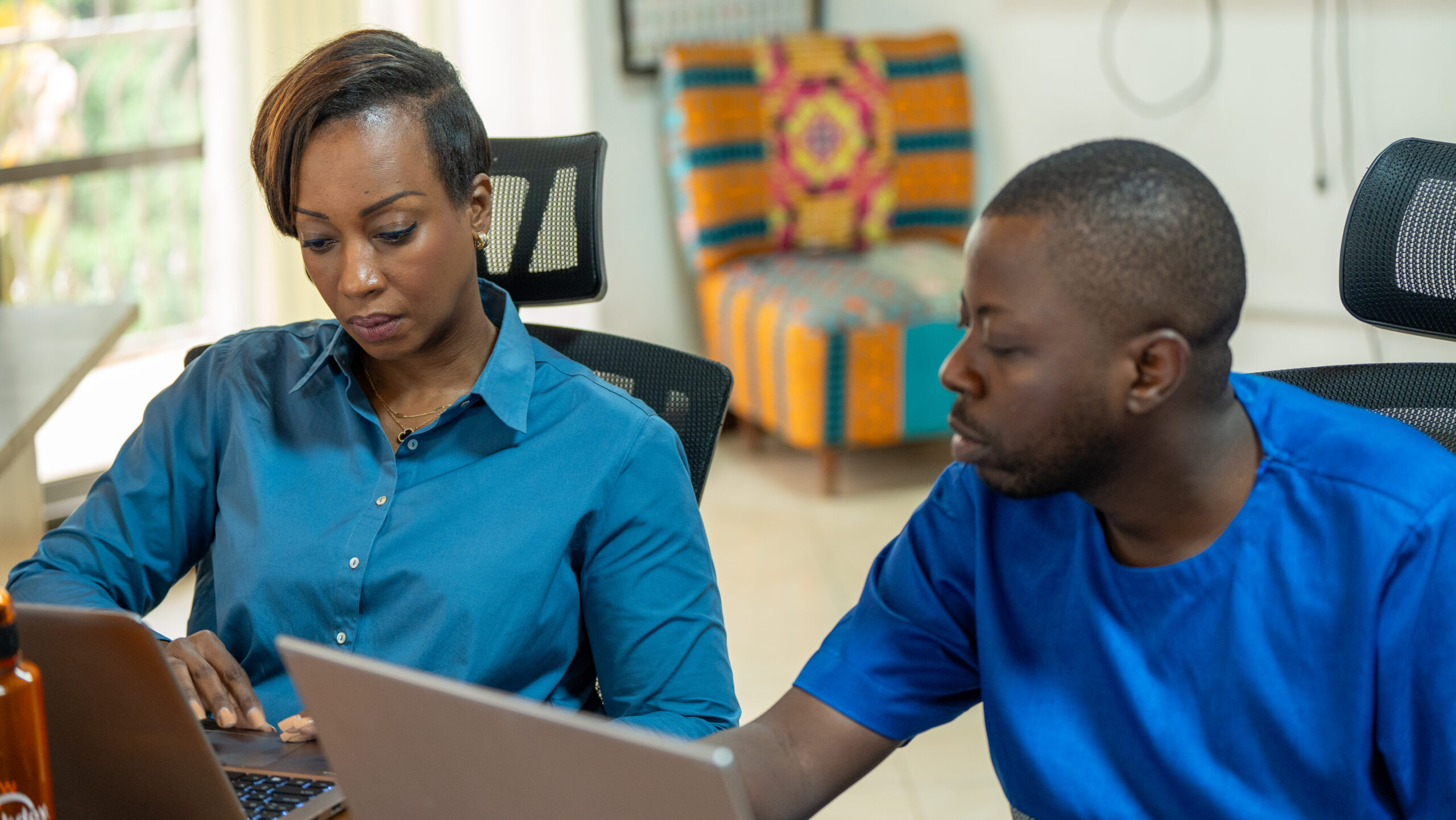Evaluation can be likened to going to your doctor for a check-up, it’s both yours and your doctor’s opportunity to determine the body is working as it should.
Evaluators do the same when assessing interventions/policies/programs, were milestones achieved, and what lessons were learnt? Some of the components of evaluation include relevance, adequacy, progress, efficiency, effectiveness, impact, and sustainability.
So, what is Made in Africa Evaluation (MAE), you ask? It’s a suggested change in the Monitoring, Evaluation, and Learning (MEL) paradigm that seeks to incorporate traits such as culture, history, and beliefs in evaluation theory and practice.
What would MAE look like on a continent that is incredibly culturally diverse? What would harmonising the MEL theories and practices look like in this context? Do they even need to be harmonised?
“The answer to me is simple and pragmatic. It should not be rigidly contextualized.”
To achieve MAE, local evaluators must be empowered with the skills necessary to incorporating the local context knowledge they have in already existing M&E systems.
While designing MEL frameworks, what important local indicators could be adopted? How are research tools and analysis frameworks designed to capture the dynamics at institutional and community level? How is data disseminated and archived for the benefit of future populations and programmatic work?
It should be noted that the greatest hinderance to African contextualization in MEL is the limited number of locally skilled evaluators necessary for incorporating this into traditional epistemologies, theories of change and evaluation practices.
This gap in resource is rooted in the differing mechanisms of knowledge acquisition and development work that have existed since colonial times hitherto.
Through initiatives such as the Young Impact Associate program, Vanguard Economics is working to change the status quo by producing the next generation of MEL experts, armed with the tools to appropriately contextualise their work.
I am honoured to be part of a team that is making MAE a reality in Rwanda, and on the African continent.
Written by Elise Hirwa
Edited by Yvonne Mwiza

